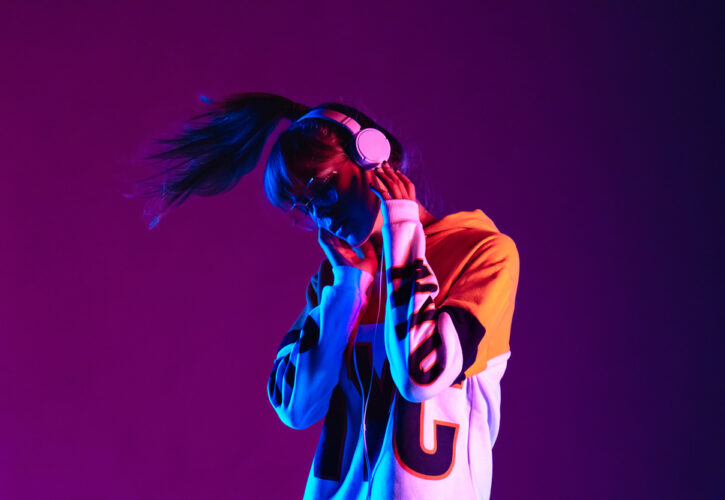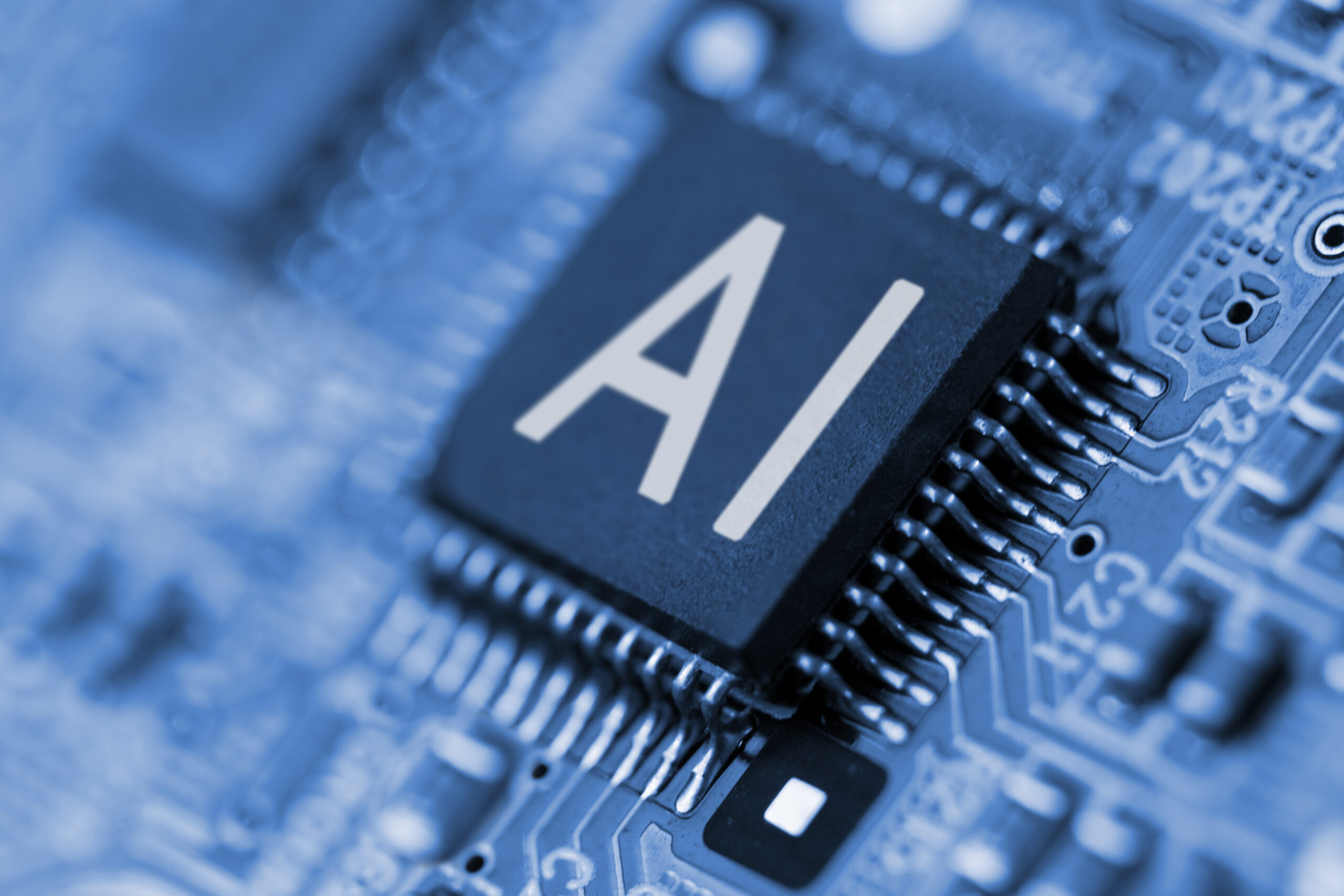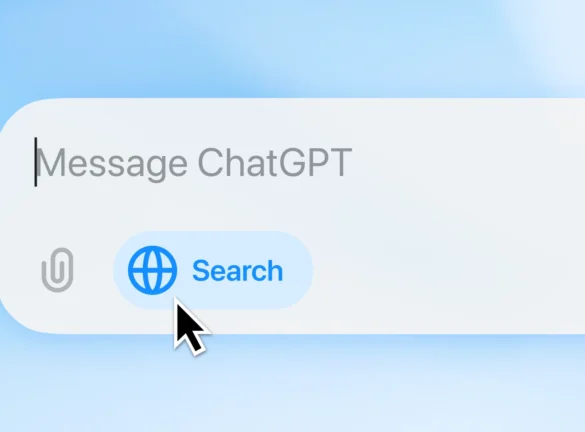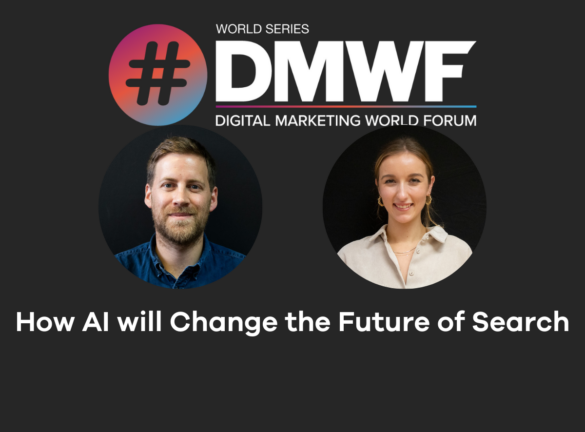
Is AI-Generated Music Shaping the Future?
On 25 April, TIPi Group’s Shaping the Future event will delve into the subject of AI-generated content, exploring how digital marketing can utilise AI with an in-depth review of ChatGPT, Bard, and other AI tools.
Ahead of this, there are many nuanced areas that can be explored in relation to AI-generated content in which questions, including, ‘Is there a place for humans?’ and ‘How do we harness these tools to our advantage?’ can be applied. One such area is the subject of music and art.
Google Research has introduced MusicLM: Generating Music from Text, an AI model that can generate high-fidelity music from text. Whilst the concept of AI-generated music is not completely unheard-of, AI music technology is progressing so rapidly that MusicLM might be called groundbreaking.
Whilst the technology has not been released yet due to copyright issues, Google Research have released MusicCaps, providing 5.5k music-text examples to demonstrate the capabilities of the technology and to support further research. MusicLM is trained on datasets of 280,000 hours of music and the AI is prompted to generate music with a plethora of instruments, including vocals, melodies, genres, and moods, turning any form of text into music.
For instance, text prompts can be descriptive:
‘A fusion of reggaeton and electronic dance music, with a spacey, otherworldly sound. Induces the experience of being lost in space, and the music would be designed to evoke a sense of wonder and awe, while being danceable’
Text descriptions can be a period of time. One example set of prompts given by MusicCaps:
‘Club music in the 50s, 60s, 70s, and 80s’.
This being said, MusicLM is not limited to just text prompts, the platform also has the ability to generate music based upon pictures and captions. You can listen to what AI-generated music is created when provided with Salvador Dalí’s The Persistence of Memory.
Is AI-generated content a cause for concern?
As ambiguous territory, the phenomenon of AI-generated content instigates a variety of questions and debates, that extend beyond just musical content, but creativity in general.
Creators are faced with the fear of losing their jobs and the need to create. After all, the progression of technology prompts the question: what is the point of humans learning to play instruments, to compose, and learning how to create, when technology can do all of these things instead?
Secondly, this leads to an even murkier question, what we can truly claim is ours? When content is created through artificial means, it provokes issues in terms of ownership and copyright. Copyright law dictates that you can only copyright something that has been created from human output. Legal clarification and effective policies are warranted here.
In terms of the actual content, AI-generated music, art, and so on, there is no originality because the AI platforms are fed pre-existing information, they do not generate anything new.
The wider impact of ingesting all musical knowledge into AI extends past authorship and the need to create, essentially removing the need for human learning, to the responsibility we have over creativity and the creation of content. How we navigate these issues will set a precedent for future generations.
Whilst there are concerns here, the progression of technology is unavoidable, and instead of focusing on its grey areas, it should be harnessed.

Why should it be looked at positively?
AI-generated music is an efficient tool.
There are some drawbacks to the technology, for one, Music LM is not currently released. Plausibly, like with ChatGPT, the content created by AI is not truly original because it is based on pre-existing content, therefore there is no stance, no original thought, and cannot be claimed as truly innovative. In that sense, this technology relies on human input to prevent a cyclical effect in which no new music is created, where only reworked snippets are repeated. Similarly, there will always be a lag, as the software ingests training data, there will be a delay in it learning the newest trends in music, for example.
Like with ChatGPT, the AI platforms which generate music are excellent tools, but because of these drawbacks, it must be taken with a pinch of salt.
With evolving technology, it is human nature to be tentative in accepting it, but we must adapt, and use it to our advantage. As an agency, we are forward-thinking, adaptable, and restless-minded.
After all, one analogy that can be brought in here is the very similar conversation that occurred with the invention of the camera in 1816. Artists, outraged, questioned ‘How can I create a piece of art that imitates life, and more importantly, what is the point, when there are other means, a piece of technology, that can do it more accurately, quicker, and cheaper?’. But over time, photography became another art form, its use adding to, not taking away from, the creation of art. In the same way, we will grow to accept and benefit from AI-generated musical content as the technology continues to progress.
In essence, AI will only add to the creation of art, not remove the need for humans, but will become a creative tool that shapes the future of music.
Examples of how we can use AI-generated music
- To create background music for social/organic ads where budgets don’t extend to custom music creation/buying rights for ads.
- Creating sound effects/background music for conversational experiences, for example, Alexa Skills and background music for call centres.
- Innovative music for USG content campaigns. For instance, Spotify Wrapped could create a custom track based on a users entire playing history.
Evidently, Google is being more cautious with MusicLM than some of its competitors may be with comparable technology, admitting “We have no plans to disclose models at this point”. But it is worth keeping in mind that while there are some limitations with AI-generated music, including copyright issues, MusicLM is not the first AI that can turn text to music, OpenAI who have developed ChatGPT, are also the creators of text-to-music AI called Riffusion. That is to say, we are not far off and soon AI-generated music will become a concept more widely utilised.
Evidently, the future will come hand in hand with artificial intelligence. As a society, we do have a responsibility here to set the rules and ethical considerations for future generations and the world we want to create. But as an industry, we have a responsibility to harness this AI and use it to our best advantage.
With this in mind, following the introduction of MusicLM, as an agency, we warmly welcome AI-generated content, identify its value as a tool, and are excited as it paves the way to shape the future.
If you’re interested in learning more about AI-generated content, our Shaping the Future event will take place on 25 April which you can sign up to here. You can also sign up for our newsletter here and follow us on LinkedIn and Twitter.






